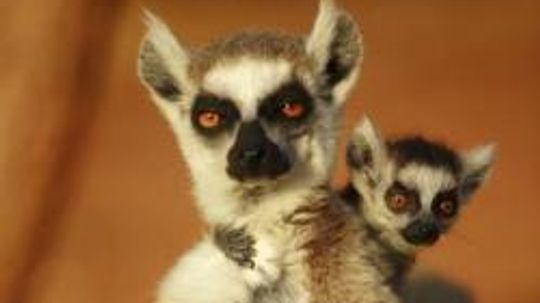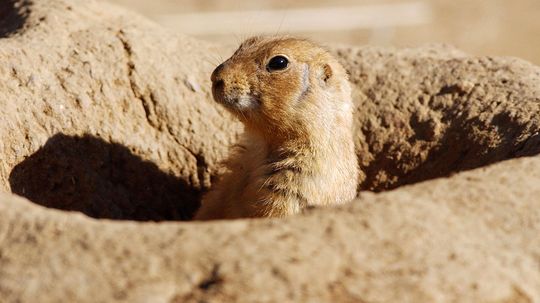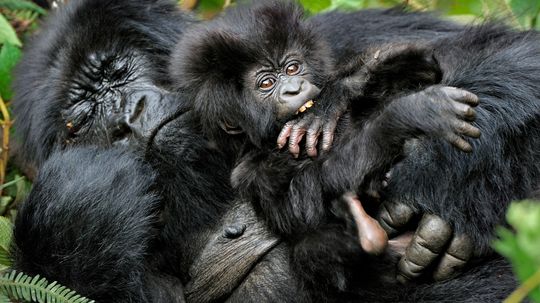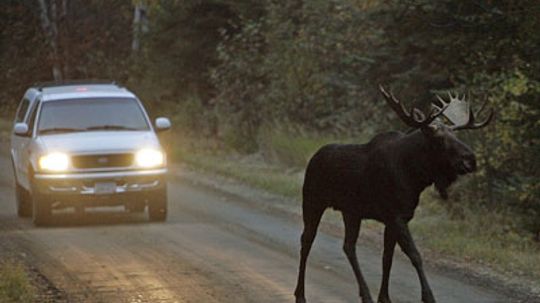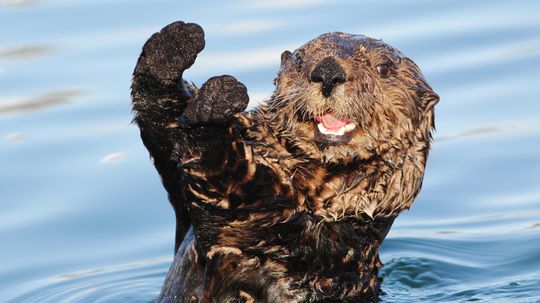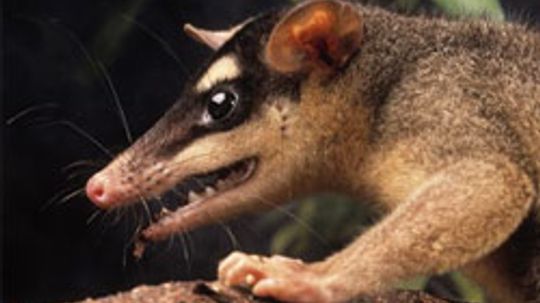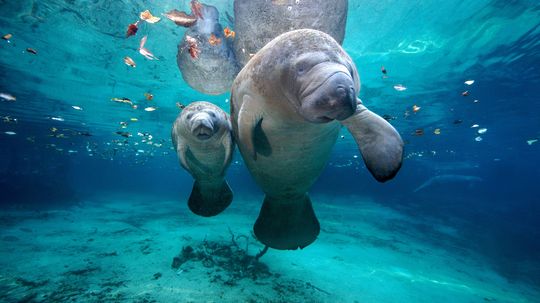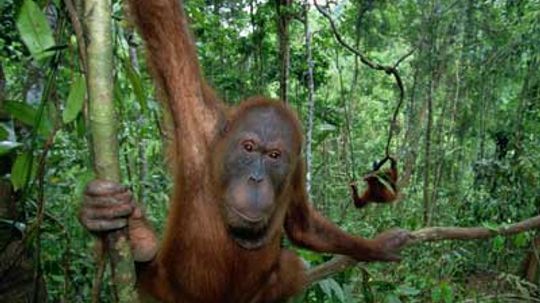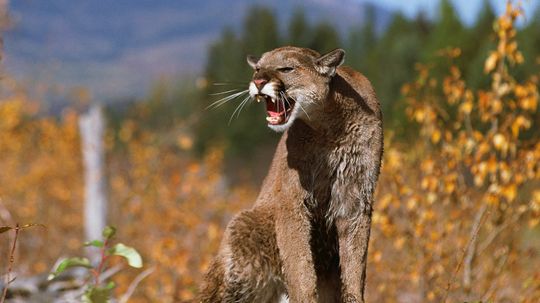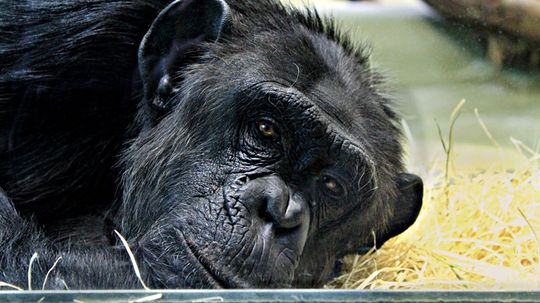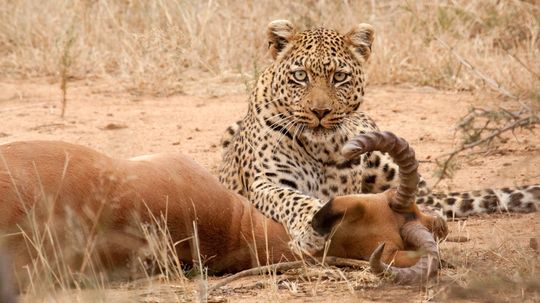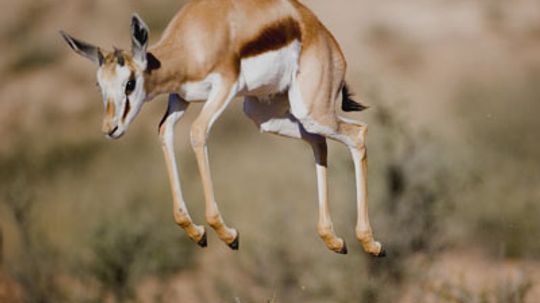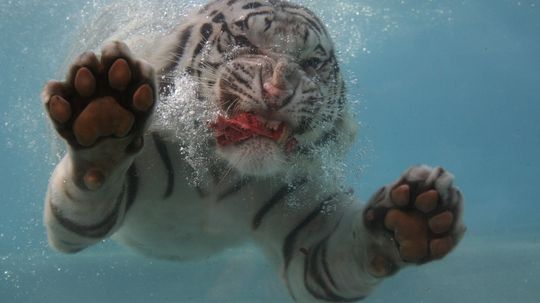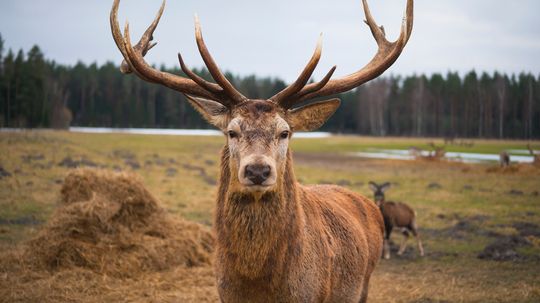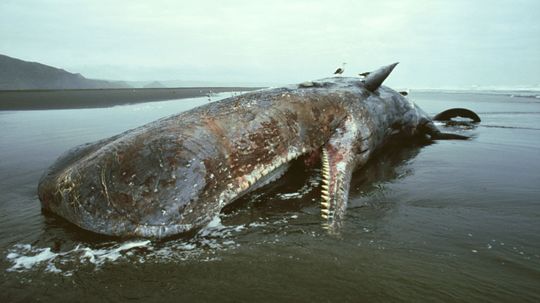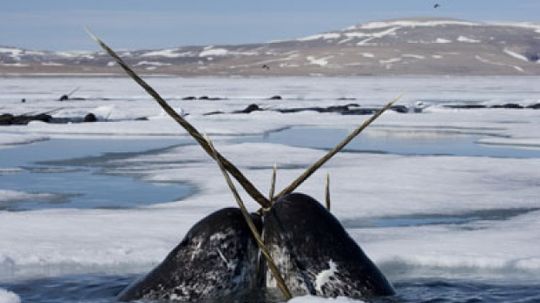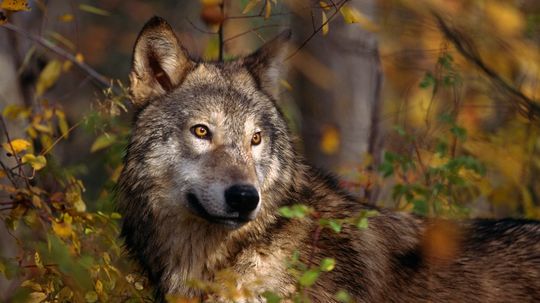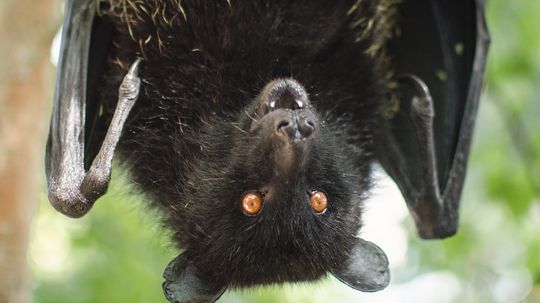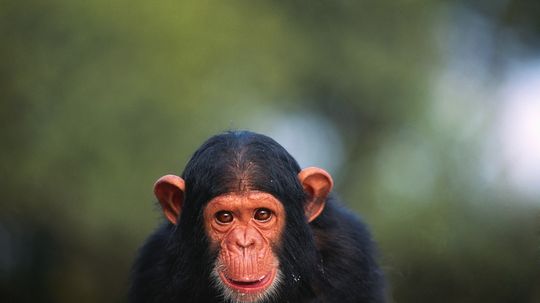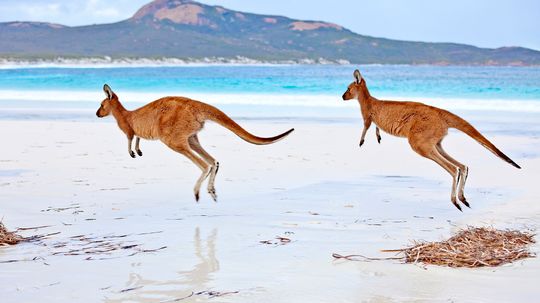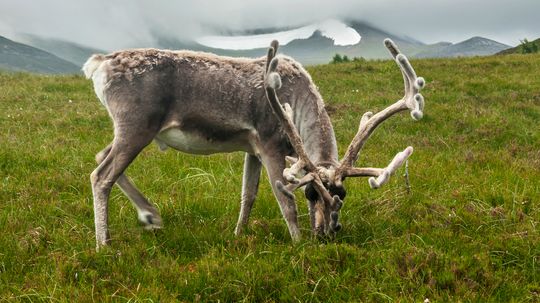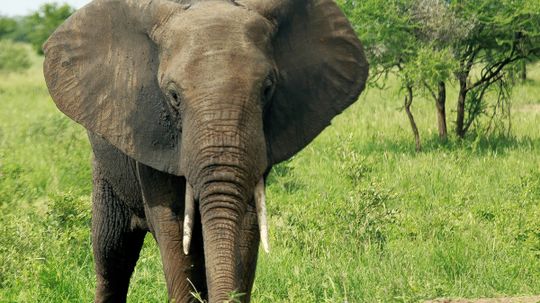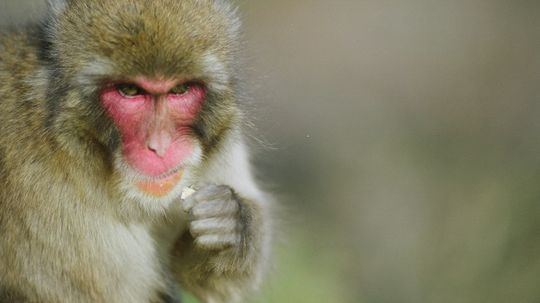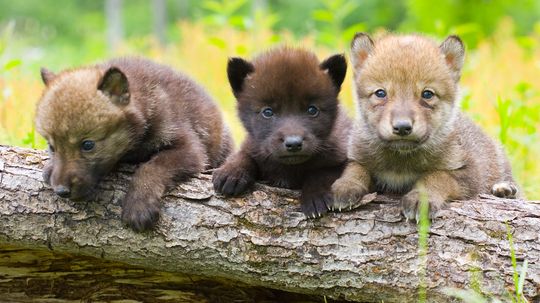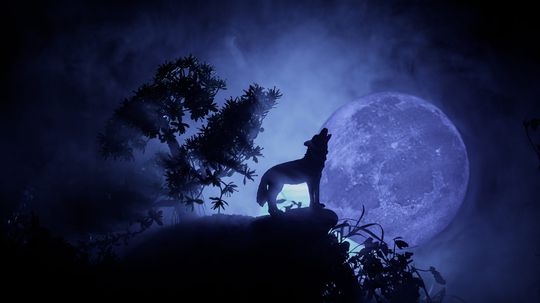Mammals
Scientifically-speaking there are 11 mammal groups, and most Mammals are warm-blooded, have body hair, give live birth and nurse their young with milk from mammary glands. Check out these articles about all kinds of mammals.
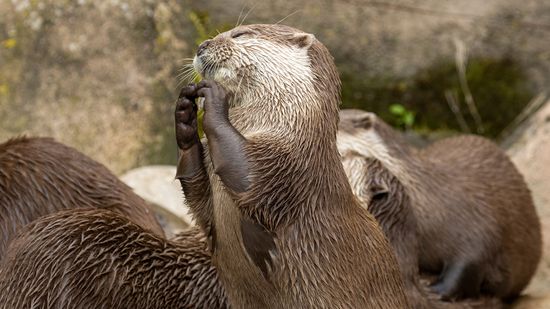
What Is a Group of Otters Called? The Official Terms Are Adorable
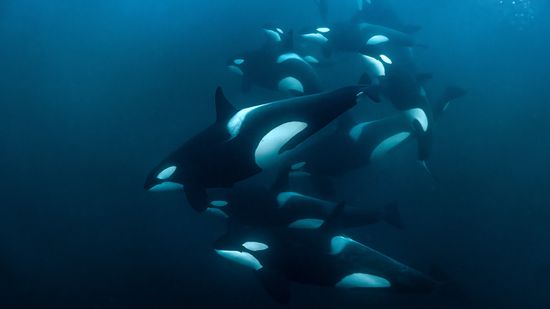
What Is a Group of Orcas Called? Not a School or a Squad But A...
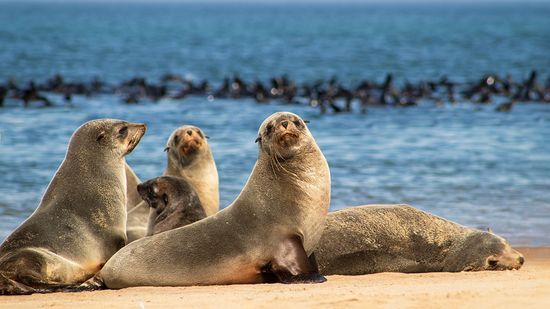
What Is a Group of Seals Called? Depends Where It Is
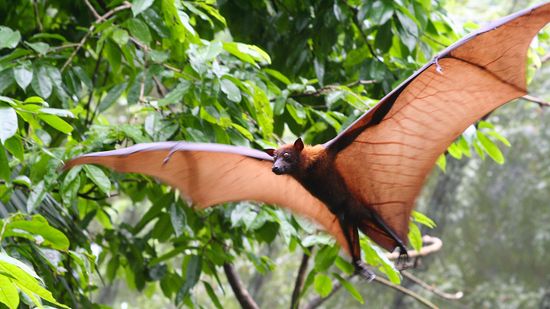
The Largest Bat in the World Has a Wingspan Over 5 Feet
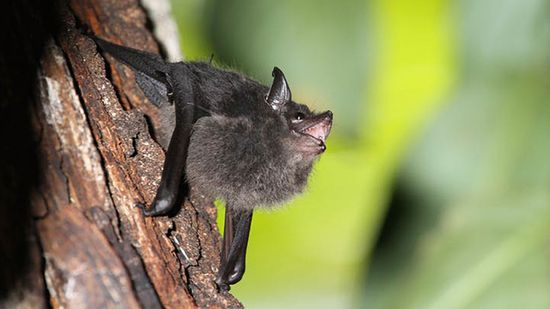
Baby Bats Babble With Moms, Hinting at Human Language Development
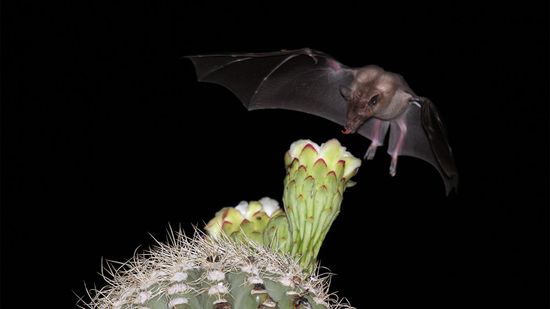
Fruit Bats Are the Best Pollinators (and Suppliers of Tequila)
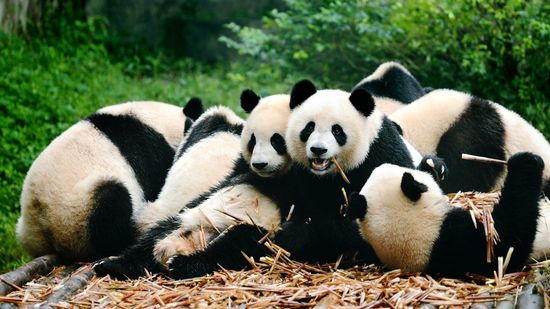
What Is a Group of Pandas Called? We're Blushing
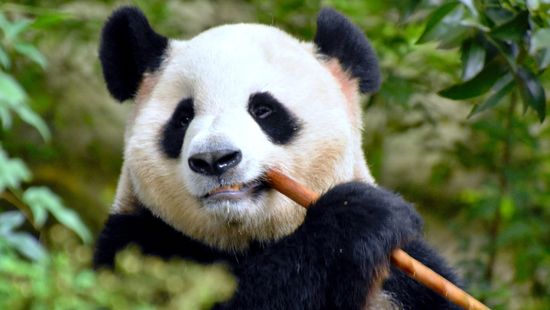
What Do Pandas Eat (Other Than Bamboo)?
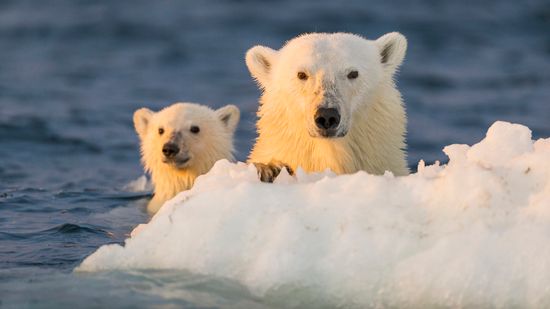
Polar Bear vs. Grizzly Bear: Which Bear Is Bigger and Tougher?
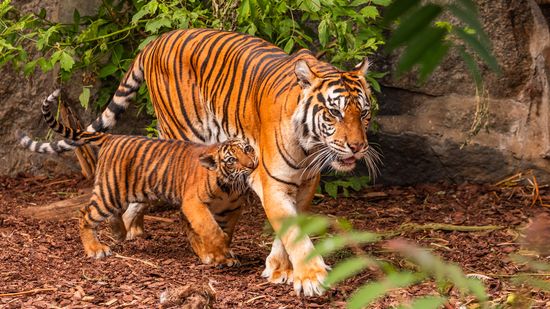
What's the Country With the Most Wild Tigers?
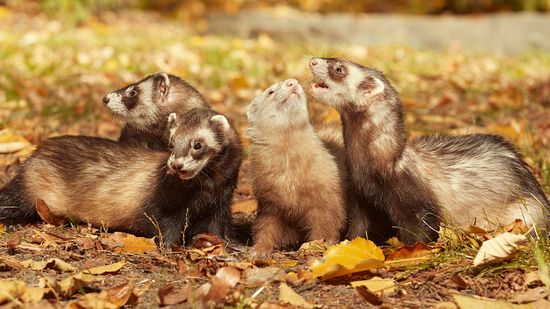
What Is a Group of Ferrets Called? You're Such a Busybody
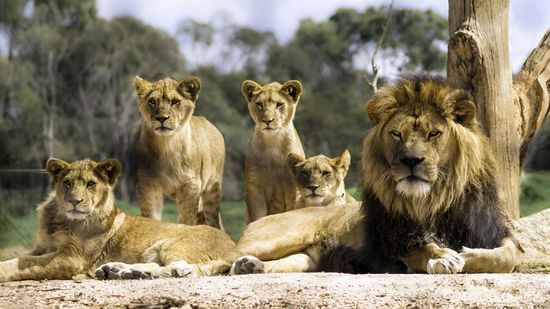
What Is a Group of Lions Called? 'Pride Rock' Makes So Much Sense Now
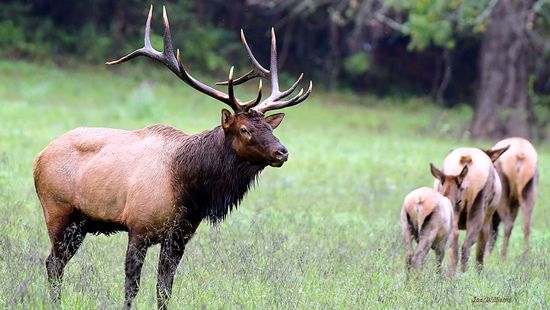
What Is a Group of Elk Called? Not Always a Gang
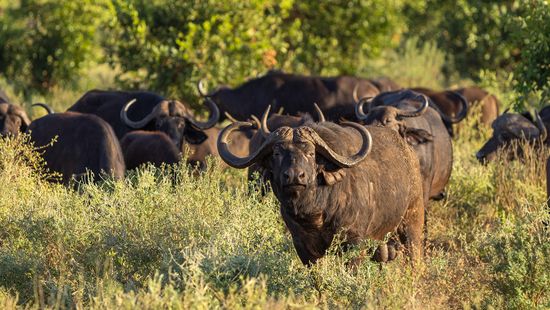
What Is a Group of Buffalo Called? Hint: It Also Applies to Bison
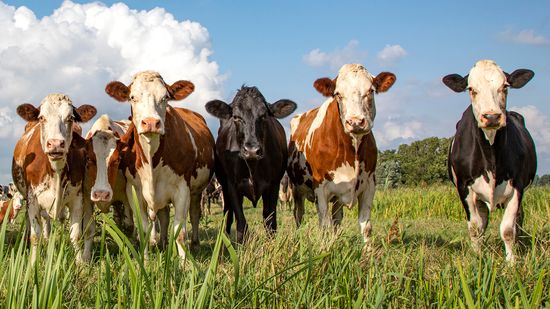
What Is a Group of Cows Called? Not Always a Herd
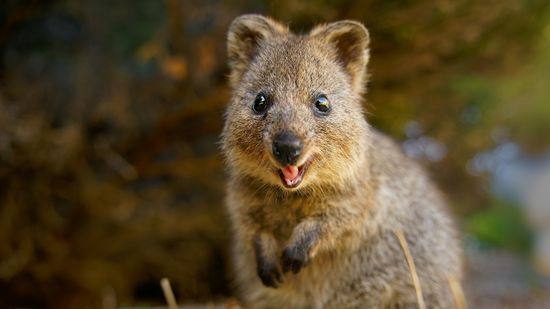
The Happiest Animal on Earth Is the Quokka
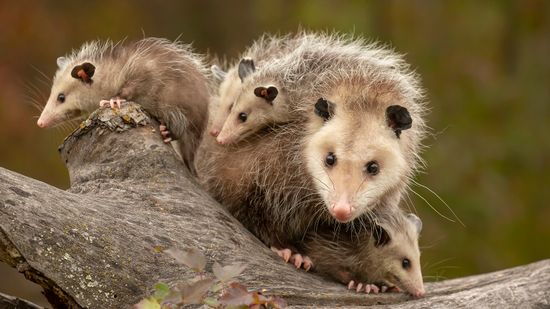
What Do Possums Eat? Most Things, It Turns Out
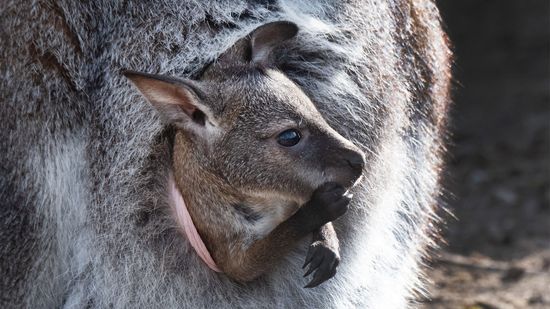
What's It Like Inside a Kangaroo's Pouch?
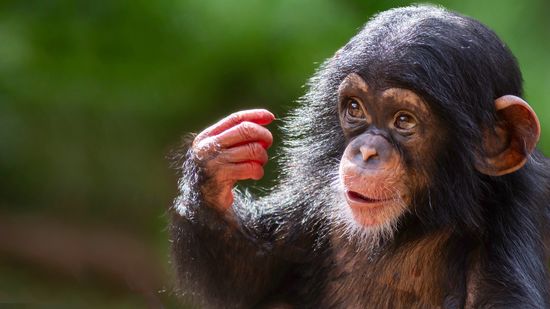
What Is a Group of Apes Called? Not a Troop but a...
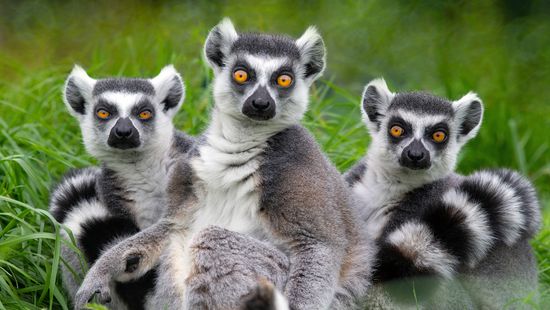
What Is a Group of Lemurs Called? Sounds Highly Suspicious
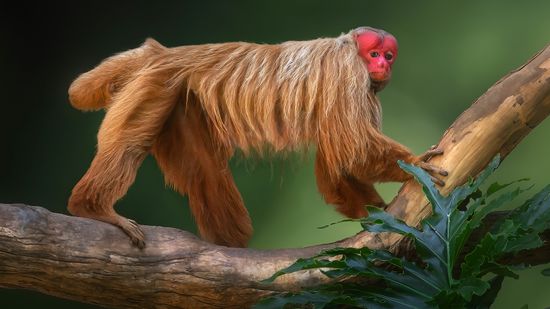
10 'Ugliest' Monkey Species: Unconventional Beauty in Primates
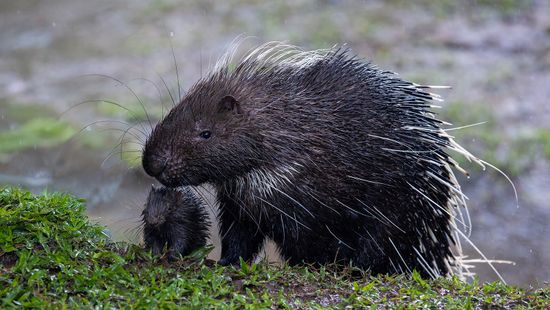
What Is a Group of Porcupines Called? Exactly What It Looks Like
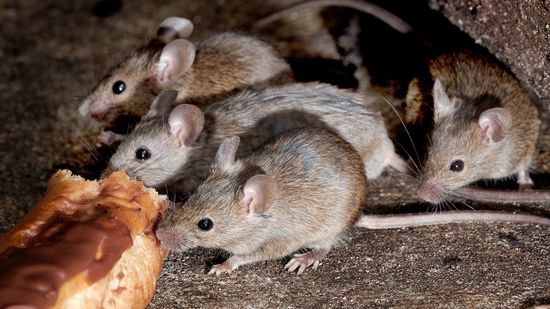
What Is a Group of Mice Called? Not Always a Colony
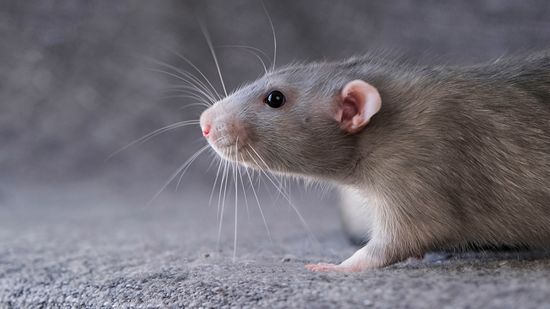
Rat Poop vs. Mouse Poop: Important Differences for Pest Control
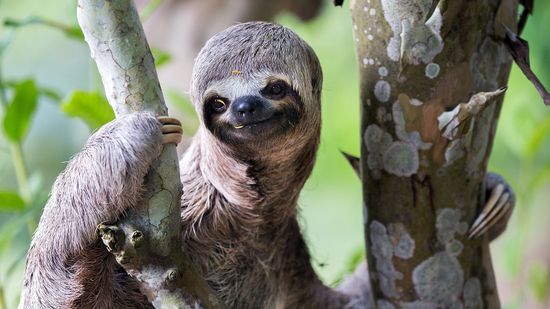
What Is a Group of Sloths Called? It's About as Cuddly As They Are
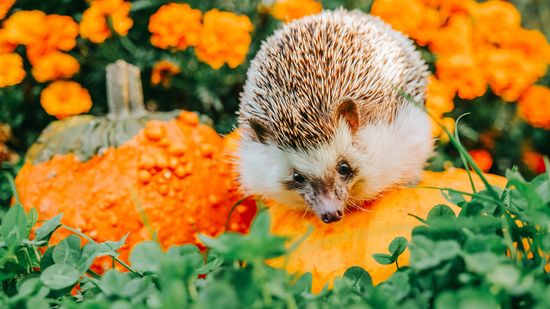
What Is a Group of Hedgehogs Called? It's Adorably Appropriate
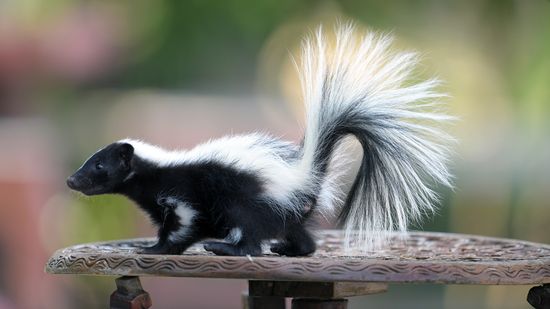
What Is a Group of Skunks Called? Here's Why You've Never Asked Before
Learn More / Page 15
Mammals are a ubiquitous and diverse class of animals. Learn all about mammals, including hippopotamuses, killer whales, sugar gliders and more, by viewing this mammal image gallery.
By Marie Bobel
Prairie dogs may look cute and cuddly, but are these rodents harbingers of deathly plague? Since there aren't any underground pharmacies in prairie dog towns, will disease wipe out these animals?
Besides our genetic similarities, gorillas also share our love of getting a good night's sleep -- except that their alarm clocks come in the form of dangerous predators and poachers.
Advertisement
If Bullwinkle had made the move up north, he would have felt right at home. Though moose in Alaska don't have squirrel sidekicks, they do take advantage of their urban surroundings.
If the animal world were school, otters would be those kids who never leave the playground. Always begging for five more minutes of recess, otters take playtime very seriously.
Marsupials are mammals that commonly bear a pouch such as kangaroos and koalas. Did you know that two thirds of marsupial species are found in Australia? Find out more by viewing this marsupial image gallery.
By Marie Bobel
If you don't make it past that first "E" during your annual vision test, you might give bats a reprieve by calling yourself "blind as a manatee."
Advertisement
Orangutans might be the most low-key of the world's apes, but that doesn't mean they don't like to socialize. So are these redheads miscast as loners, or are orangutans introverts?
If you come across a cougar, you might scream in fear. So if this predator could easily devour you, why might it harmonize your screech with its own tone-deaf shriek?
Their genetic similarity to humans makes chimps great subjects for medical research. But some countries are banning this research because these apelike similarities are a little too close for comfort.
With powerful jaws, massive paws and piercing claws, the leopard is built for hunting. But how can this cat possibly take down animals three times its size?
Advertisement
Avoiding eye contact is a form of body language (and a sign you're probably lying). Gazelles might not use body language to lie, but they do rely on it to survive.
When cats go swimming, is it still considered doggy paddling? Tigers might not be invited to your next pool party, but they sure do love taking a dip.
It takes brains to tan leather is and we're not just talking keen intellect and skill. Sometimes that soft, supple feel of leather literally comes from using the old noggin.
Vindictive whales like Moby Dick sometimes give these giants of the sea a bad rap. But whales do a lot for their ecosystem, especially after they go to Davy Jones' locker.
Advertisement
What? You've never heard of a narwhal? Well, it's a cold-water-dwelling, deep-diving, vocalizing, halibut-munching wonder with its very own ivory crown. Did we mention its crazy tusk?
Loners might seem intriguing, but they lead dangerous lives -- a least those in the wolf world do. Lone wolves are outsiders, relying only on themselves to survive without a pack.
Riddle me this: Why are bats showing up dead with a white powder streaked across their faces? Could a poorly understood fungus wipe them out? To the bat cave, readers!
So far, "Planet of the Apes" is pure fiction. But are chimps capable of learning human language (and eventually taking over the world)?
Advertisement
Million-dollar endorsement deals or a sneaker named the Air Roo aren't in the cards for kangaroos. Since these animals can't play in any Final Four championships, why do they hop?
These reindeer won't find any candy canes or fruitcake buried in the frozen tundra. So how do these animals find enough food to sustain them through such extreme weather?
Elephants have amazing memories and are known to hold grudges for years against those who have wronged them. So, be careful who you're calling Dumbo.
Animals may not have access to spice racks, but does that mean they don't enjoy flavorful meals? Have Japanese monkeys discovered the joy of cooking, or is this a culinary myth?
Advertisement
Plagued by negative images and slanderous tales, wolves could use the help of a good publicist. Will positive news like wolves help strengthen the ecosystem override age-old fears and misconceptions?
What's a full moon without the cry of a wolf echoing in the background? Are wolves really howling at the moon or just talking among themselves?
